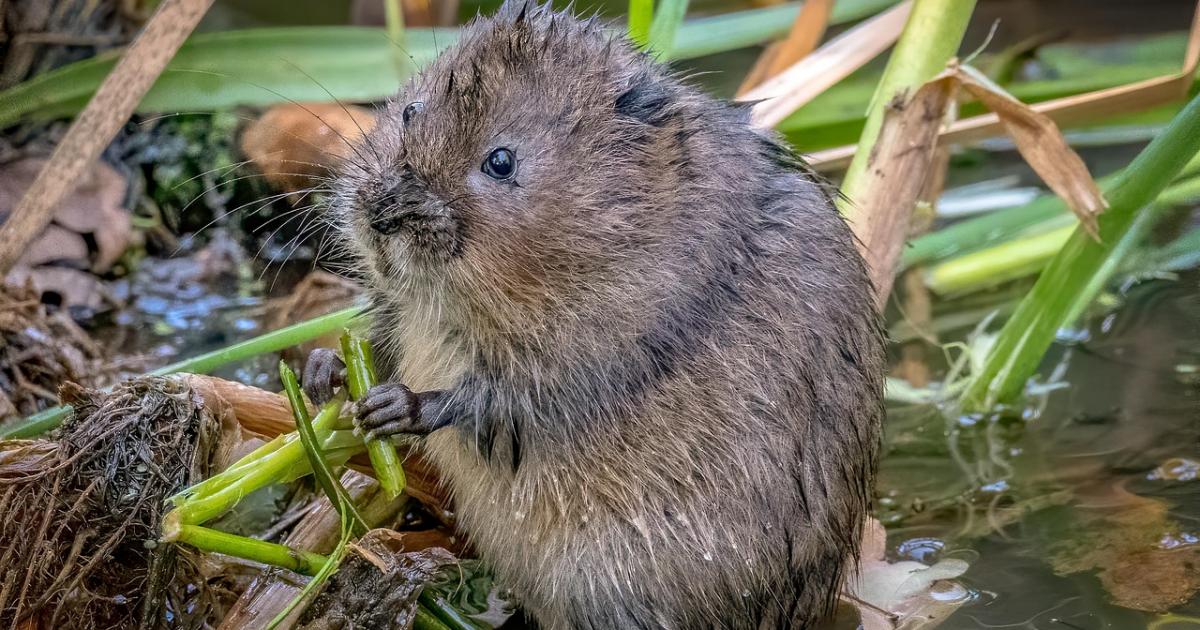Police were contacted in March this year by the Environment Agency, which had received a report that ditch-clearance work in Lechlade had destroyed a habitat used by the protected species.
Due to the water vole, which is the UK’s fastest declining mammal species, being protected under the Wildlife and Countryside Act 1981, Gloucestershire police’s rural crime team attended the location near The Wern in the town, along with EA.
Wildlife experts were able to provide evidence of the previous existence and habitation of water voles in the area and confirmed that the animals had left the location due to the loss of their habitat.
A criminal investigation was launched, and the contractor who carried out the ditch-clearance work was identified, as well as the company in charge of the land, which had instructed the contractors to undertake the work.
It was found that they were both responsible for the illegal activity, which damaged and destroyed the water voles’ habitat.
Stay connected to the heart of Swindon with our flash sale.
Swindon Advertiser keeps you updated for less: only £3 for 3 months or save 40% on an annual subscription.
Don’t miss out on what’s happening locally!
👉https://t.co/ayrpkI4RBy#DigitalDeal #LocalJournalism pic.twitter.com/xEnFfuXwtN
— Swindon Advertiser (@swindonadver) September 2, 2025
During the investigation, it was identified that there had been no intention to destroy the habitat and that the ditch-clearance work had not been for financial gain.
Words of advice were given in relation to the legislation and planning needed to protect habitat and wildlife before the occurrence of works.
As a Community Resolution, both companies agreed to fund a two-year water vole survey, which is to be carried out by experienced field ecologists at the Cotswold Lakes Trust charity.
They also made a further donation to support the charity’s nature-recovery work in the area.
Cotswolds rural, wildlife and heritage crime officer Richard Parker said: “In this case, it was clear both companies were unaware that the ditch-clearance work would destroy a habitat that was being used by a protected species, and there was no deliberate intention to cause harm to the water voles.
“A community resolution was therefore the most appropriate and proportionate outcome, and it has provided an opportunity for the companies involved to better understand the impact their actions have caused and to make amends for the harm they have caused.
“They are now funding a survey to support the biodiversity in the area, and they have also agreed to ensure their employees are given training on sensitive biodiverse locations in order to protect the natural environment and any species that may live there.”

